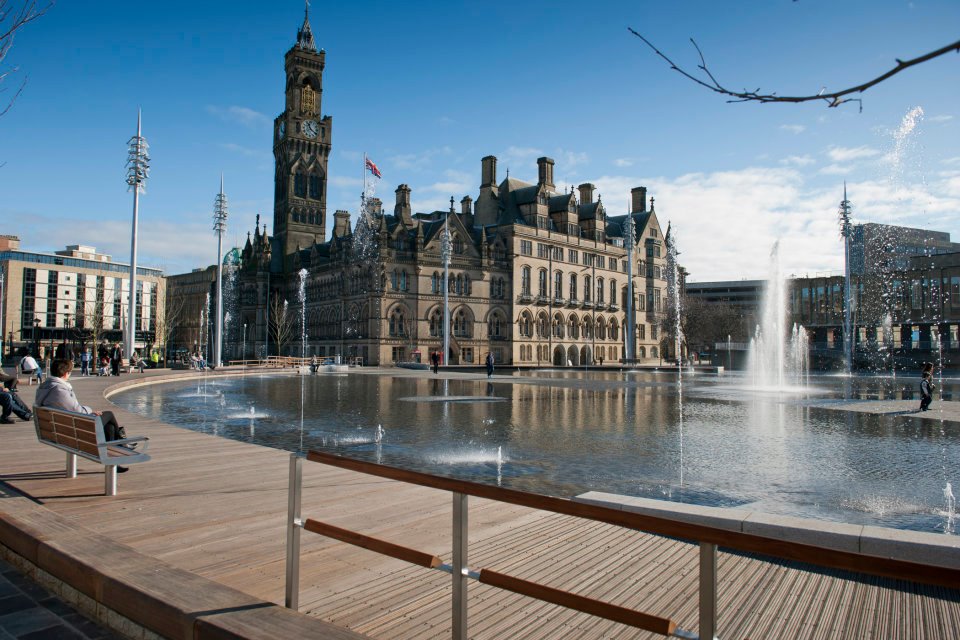Bradford Council’s reserves are “close to exhaustion” after £30m was required to balance the budget in financial year 2022/23.
And the council is forecast to overspend its £453m net revenue budget for 2023-24 by £13.8m, according to early estimates.
Director of finance Christopher Kinsella noted that if the council did overspend this year, reserves would again have to be used but reliance on them is “unsustainable”.
Bradford will close financial year 2022/23 with council reserves falling to an historic low of £68m. Kinsella has previously highlighted that reserve levels had reduced significantly in 2022/23, with £100.3m drawn down.

Plans are in place to seek to increase available reserve levels through actions including applying minimum revenue provision policy and capital receipt flexibility policy changes to 2021-22, among other actions.
Key issues leading to overspend highlighted by Kinsella include demand and cost pressures in adult social care and home to school transport, ongoing high levels of inflation, and increases in costs such as the national pay award.
In a report on the Q1 finance position statement for 2023-24, to be presented to a meeting of the executive this week (13 July), Kinsella wrote: “Since 2011 the council has budgeted to deliver c£350m in per year savings as a result of national austerity measures with a cumulative impact of over £2bn. During that period Bradford has faced funding cuts and demand pressures far greater than more affluent areas with lower levels of need.”
He noted that Bradford’s Band D council tax is also c£135 lower than the average for metropolitan authorities and 80% of households are below Band D. “This means that Bradford cannot keep pace with inflationary and demand pressures through council tax alone, and that it raises less through its local tax base than other authorities, many of which have much lower levels of need,” he said.
15th Annual LATIF & FDs’ Summit – 19 September 2023
250+ Delegates from Local Government & Investment
Kinsella also pointed to “repeated delays” in government reforms to the funding of local authorities that would benefit Bradford by c£32m a year.
“With the exception of children’s services, Bradford’s service provision is low cost compared to similar councils, and this gives little scope for further cost reductions,” he added.
The council’s current financial position is “unsustainable”, Kinsella concluded, and “Bradford, like much of the local government sector needs to see urgent national funding reform”.
He added: “Many councils are experiencing similar pressures across the country as a result of systemic funding issues, and there are numerous councils that are nearing s114 notices. This is something that is without historic precedent and is reflective of a sector in dire need of support.”
The Q1 report forecasted a £4.3m variance in the adult social care department for 2023/24 due to undelivered learning disability demand management savings and continued demand and cost pressures within the long-term support of the service.
A £2.5m forecast variance in children’s services (excluding Bradford Childrens & Families Trust variances) is due mainly to home to school transport as a result of increased demand for transport, and increased use of costly single occupancy taxi transport with escorts, the report said.
A £3.7m overspend on the general fund budget is forecasted due to an expectation that the 2023-24 pay award will be higher than budgeted, costing c£6m, along with the expected underachievement of a saving plan associated with prepaying the council’s pension contributions (£0.5m). These are partly offset by £1m of contingency budget, and £2m from expected additional flexible use of capital receipts and additional capitalisation, the report said.
—————
FREE weekly newsletters
Subscribe to Room151 Newsletters
Follow us on LinkedIn
Follow us here
Monthly Online Treasury Briefing
Sign up here with a .gov.uk email address
Room151 Webinars
Visit the Room151 channel














